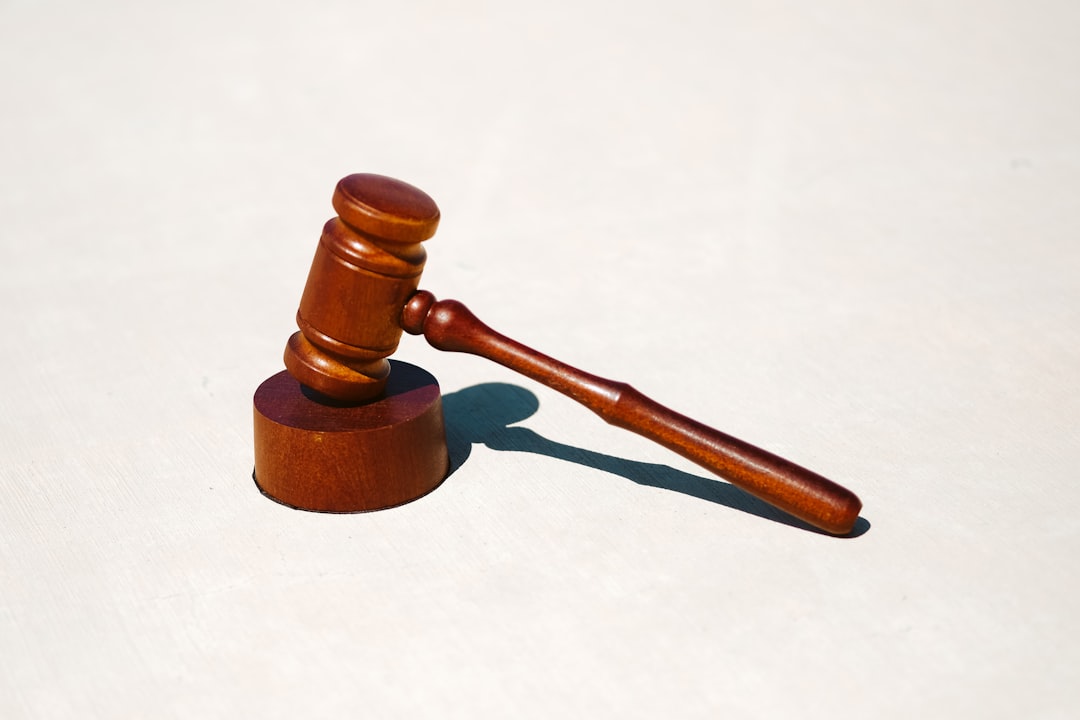In Indiana, strict laws and regulations protect clients from massage sexual assault, with rehabilitation programs offering a path to reinstatement for offending therapists after counseling, ethics education, and community service. Massage sexual assault lawyers play a vital role, guiding therapists through legal procedures while advocating for both therapists' rights and victims' justice.
In Indiana, addressing the unique challenges posed by offending massage therapists is a multifaceted endeavor. This article delves into the intricate legal framework governing these cases and explores the rehabilitation process designed to help offenders reintegrate while protecting clients. We dissect the step-by-step requirements for rehabilitation, emphasizing the critical role of massage sexual assault lawyers in guiding therapists through this complex journey. By understanding these dynamics, we aim to enhance awareness and support a safer wellness environment in Indiana.
Indiana's Legal Framework for Offending Massage Therapists

In Indiana, the legal framework for addressing massage sexual assault is a critical aspect of rehabilitation for offending therapists. The state has put in place strict regulations and laws to protect clients from any form of sexual misconduct within the profession. Massage therapists found guilty of sexual assault face severe consequences, including license revocation, fines, and even jail time. These penalties are designed not only to punish but also to deter potential offenders and ensure the safety of individuals seeking therapeutic services.
Indiana’s legal system offers a range of rehabilitation programs tailored to helping offending massage therapists regain their licenses while adhering to strict standards. These programs often involve extensive counseling, education on consent and professional ethics, and community service. The involvement of massage sexual assault lawyers in this process is essential, ensuring that the rights of both the therapist and the victims are protected while striving for a just and fair outcome.
Rehabilitation Process: Steps and Requirements

The rehabilitation process for offending massage therapists in Indiana typically involves several structured steps and stringent requirements designed to address the misconduct, promote accountability, and ensure public safety. It starts with an initial assessment conducted by licensed professionals to evaluate the therapist’s behavior, motivations, and potential risks. This critical phase includes a comprehensive review of the case history, including any prior offenses or warnings.
If deemed suitable, therapists enter into a structured program combining therapy sessions, educational workshops, and community service. They must actively participate in individual and group counseling, focusing on recognizing triggers, developing coping strategies, and understanding the ethical implications of their actions. Throughout the process, massage sexual assault lawyers in Indiana may be consulted to provide legal guidance, ensure compliance with rehabilitation mandates, and offer support for therapists seeking to rebuild their careers while adhering to strict guidelines.
The Role of Massage Sexual Assault Lawyers in Rehabilitation

In the complex landscape of rehabilitating offending massage therapists in Indiana, massage sexual assault lawyers play a pivotal role. These legal professionals are not just advocates but also guides and support systems for individuals facing allegations or convicted of sexual misconduct within the massage therapy industry. They navigate the intricate legal procedures, ensuring that the rights of both the therapist and the victims are protected.
Massage sexual assault lawyers in Indiana specialize in understanding the unique challenges faced by therapists undergoing rehabilitation. They help tailor programs to address not just the legal consequences but also the psychological and ethical aspects of such misconduct. By providing expert advice, they foster a safer and more accountable massage therapy community, ensuring that victims receive justice while offenders are equipped with tools for personal growth and professional restoration.






